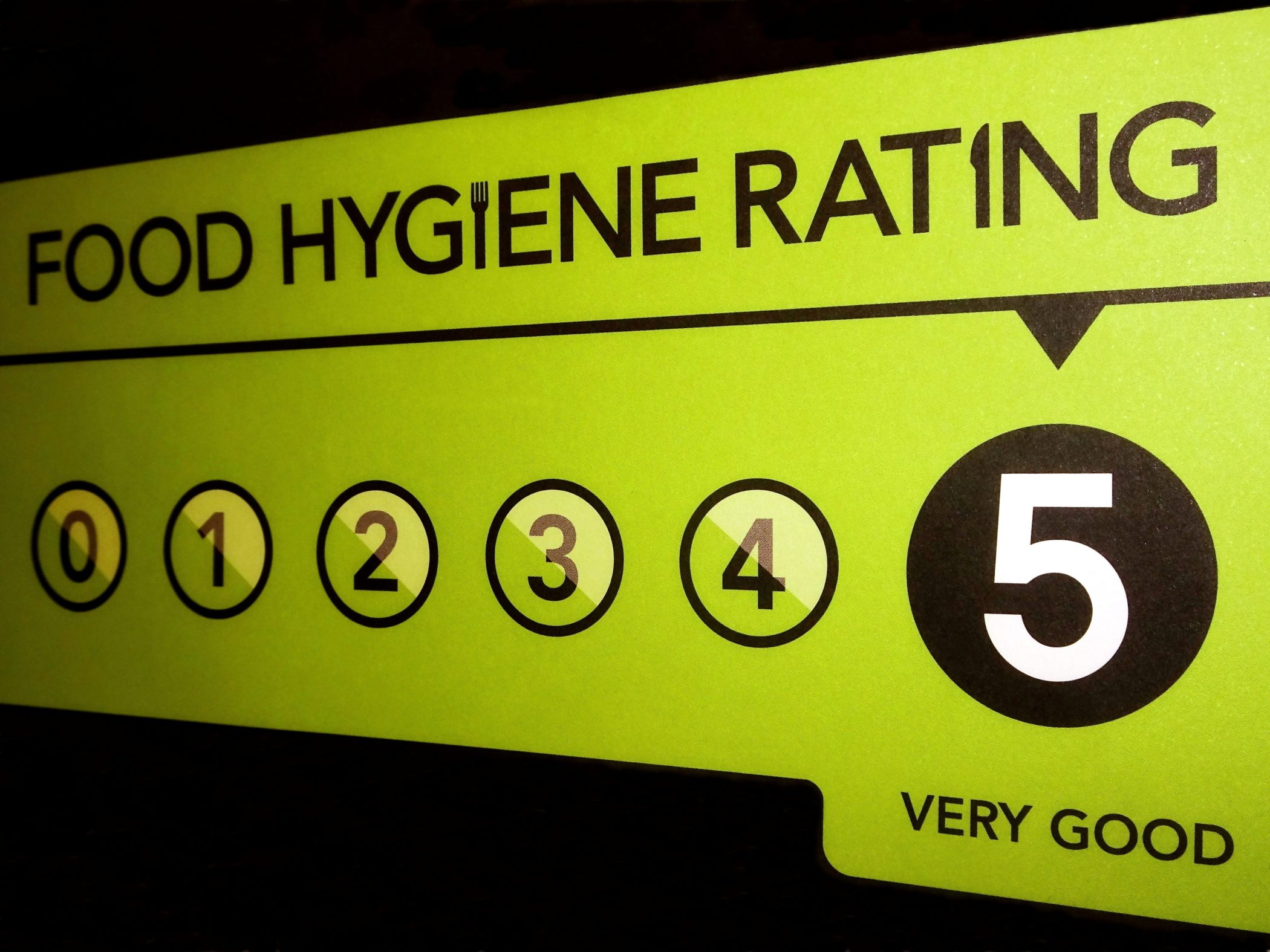Who is responsible for enforcing food hygiene legislation?


When you’re setting up a food business for the first time, one question often arises: who exactly is responsible for enforcing food hygiene? This enforcement is not the duty of a single entity but rather a role split among government agencies, local authorities, and individual professionals working within structured legislation and frameworks. By understanding how this is split, you can better understand not only who is responsible for enforcing food hygiene legislation, but also how you can be prepared and compliant with their enforcement.
The rules of food hygiene in the UK are established through legislation and guidance. The majority of this is written by government agencies, then passed onto Parliament or individual Ministers for consideration. For food hygiene, the leading agency responsible is the Food Standards Agency (the FSA). As experts on food safety, this agency is responsible for understanding food hygiene on a national level. Their role involves collecting evidence and data on food hygiene across the nation. Using this, they can then set the standards and create national food hygiene policies. These policies are then passed onto Parliament or to individual Ministers to ratify into law. The FSA is also responsible for the Food Hygiene Rating System. This is a database of all food businesses, containing their results from their latest inspection as a rating out of 5 stars.
When setting up a food business, one of the most important tasks is to register with your local authority. Local authorities bear the primary responsibility for ensuring compliance within the vast majority of food businesses. They are tasked with executing interventions, including inspections, audits, and enforcement actions. As they are significantly more local, this reduces the number of food businesses they have to look after. This means that they can spread assessments based on need and risk. Inspections are mostly scheduled about every two years. However, a new business needs to be inspected as soon as possible to ensure that standards are being met. Similarly, businesses deemed high-risk (those that have underperformed in recent inspections) may be inspected more often.
Inspections may be unannounced, or they may be scheduled in advance. If they are scheduled in advance, it is your local authority with whom you will be in contact to schedule this assessment. Your local authority also has several powers following an inspection. They are able to issue compliance orders, ensuring that you make specific changes to your business. In particularly extreme failures of food hygiene, they may also temporarily close your business.
The individuals who physically carry out the inspections and provide guidance to businesses are called Environmental Health Officers (EHOs). They are employed by local authorities and act as the visible face of food law enforcement. They may arrive at your food business unannounced to inspect: in these circumstances they are legally entitled to enter the property. After they have completed their inspection, you will be issued with a rating. This is a score between 0 and 5 stars which represents your food hygiene level, with 5 being the best.
They will also provide you with tailored feedback on the day or soon after on how to improve your business’s food hygiene. If your food hygiene poses an immediate risk to public health, an EHO could issue a closure order to protect the public. They may also take samples to be tested in a lab. Read more about the process of inspections here.
For almost all food businesses, these are the three groups that are responsible for enforcing food hygiene legislation. Within specific sectors, however, policies may differ. In the Early Years sector, for example, the legal frameworks for food hygiene are provided by the EYFS. This is a legal framework produced by the Department for Education. However, much like other food businesses, most Early Years businesses are still required to register with their local authority and are subject to EHO inspections. Similarly, the NHS and care settings have additional legal frameworks to follow, but are still subject to the same inspections as all food businesses.
An EHO inspection can seem like a daunting prospect. In reality, however, they are there to help your business be as safe as possible. One way that you can ensure you and your staff understand food hygiene and are prepared for an inspection is to undertake food hygiene training. If you are looking for more information on the inspection itself, check out our free “How to get a 5 star rating” course. Finally, it is important to make sure that you have a food safety management system in place, such as HACCP.
Join 950,000+ learners
Explore our award winning online video based training
The Safer Food Group
Unit 2, Integrity House,
Lower Lumsdale, Matlock
DE4 5EX
Back
to top
© The Safer Food Group 2026 | Privacy policy